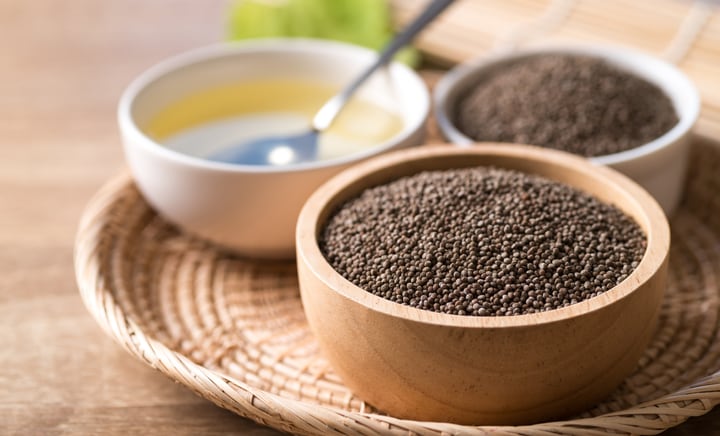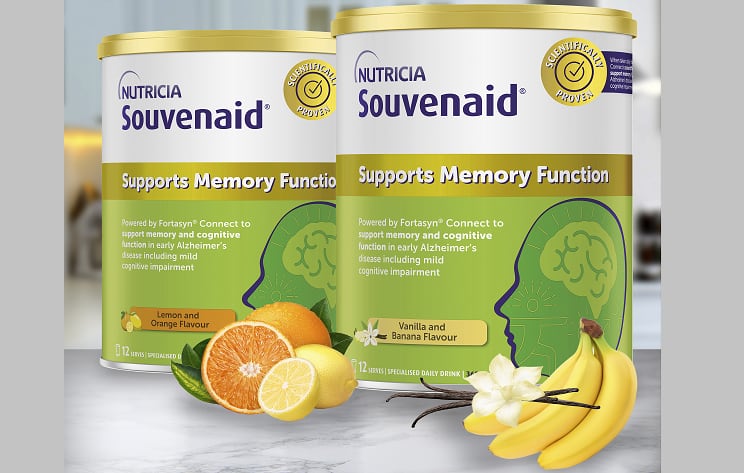Perilla seed oil is rich in alpha-linolenic acid (ALA) – an essential fatty acid reported to exhibit anti-inflammatory and neuroprotective effects.
The citrus peel used in this trial was from ponkan, also known as the Chinese honey orange (Citrus poonensis).
The fruit peel is abundant in nobiletin – a flavonoid that has been reported to improve cognitive and motor dysfunction mainly in animal models.
It is also rich in other flavonoids such as hesperidin and narirutin.
The RCT was conducted by Shimane University, the Kansei Fukushi Research Institute at Tohoku Fukushi University, Jahangirnagar University in Dhaka, and a few hospitals in Japan.
Findings of the study were published in Food and Function.
Study design
The study was conducted on 49 elderly aged 60 to 85.
They randomised into two groups and received either only the perilla seed oil (PO) or the combination of perilla seed oil and ponkan powder (POPP).
The test materials came in the form of capsules, where each capsule contain either 0.098ml of perilla seed oil – equivalent to 58.8mg of ALA or 0.098ml of perilla seed oil and 0.075g of ponkan powder – equivalent to 0.19mg of nobiletin.
Each subject took 15 capsules in three even doses each day between meals or immediately after meals for 12 months.
The capsules were produced by Sankyo Holdings.
Blood samples were collected from the subjects to measure their brain-derived neurotrophic factor (BDNF), and biological antioxidant potential (BAP), and fatty acid profiles.
Their cognitive abilities were also assessed using the Hasegawa’s Dementia Scale-Revised (HDS-R) – commonly used in Asian populations to screen for cognitive dysfunction, the MMSE test – commonly used to assess cognitive impairments seen in patients with Alzheimer’s disease or mild cognitive impairment (MCI), and the Japanese version of the Montreal Cognitive Assessment (MoCA-J) usually used to detect MCI.
Better attention
Subjects taking POPP showed a significantly higher MMSE total scores – especially in attention scores – than those who took only PO.
For instance, the MMSE total score increased significantly from 28.3 ± 0.4 at baseline to 29.2 ± 0.2 for subjects taking POPP.
In subjects who took only PO, their MMSE total score went from 28.7 ± 0.3 at the baseline to 29.1 ± 0.3.
The maximum MMSE score is 30 points. A score of 20 to 24 suggests mild dementia. The lower the score, the more serious the state of dementia.
The MMSE also calculates the scores of three other areas, namely ‘orientation’, ‘attention and calculation’, and ‘language’.
In which, it was found that the group taking POPP had significant increase in ‘attention and calculation’ and ‘language’.
This group of subjects only had a significant increase in the ‘serial subtractions’ score under the HDS-R subitem and ‘attention, concentration and working memory’ subitem under the MoCA-J test by the end of the study.
Fatty acid results
There was significant increase in DHA levels in the group taking POPP, but this was not seen in the other group.
The amount of DHA in the red-blood cell plasma membranes of the former increased from 6.1 ± 0.59 mol% to 7.4 ± 0.33 mol% – an increase of 1.3 ± 0.44 mol%.
The latter had a smaller increase from 6.7 ± 0.57 mol% to 7.4 ± 0.25 mol% – which was an increase of 0.7 ± 0.54 mol%.
The researchers said that this may suggest DHA synthesis induced by the flavonoid nobiletin.
On the other hand, EPA had increased significantly in the group taking only perilla seed oil.
Both groups saw significant increase in ALA, arachidonic acid, and docosapentaenoic acid levels and significant decrease in palmitic acid, lignoceric acid, and nervonic acid.
Serum BDNF and BAP
In the group taking POPP, the blood serum amount of BDNF have significantly increased, but this was not seen in the PO group.
In addition, serum BAP levels have significantly increased in both groups.
It was also found that the MMSE total score was positively correlated with serum BDNF levels.
On the other hand, the BAP levels were positively correlated with red blood cells plasma membrane DHA levels.
“In this study, we reported that a 12-month intervention with a combination of PO and ADPP supplementation significantly improved age-related decline in cognitive function in healthy elderly Japanese participants compared to PO supplementation alone.
“The observed improvement was related to increases in red blood cells plasma membrane ALA and DHA levels and increases in serum BDNF and BAP levels,” the researchers concluded.
Source: Food and Function
Perilla seed oil in combination with nobiletin-rich ponkan powder enhances cognitive function in healthy elderly Japanese individuals: a possible supplement for brain health in the elderly
DOI: 10.1039/d1fo03508h
Authors: Michio Hashimoto et al




